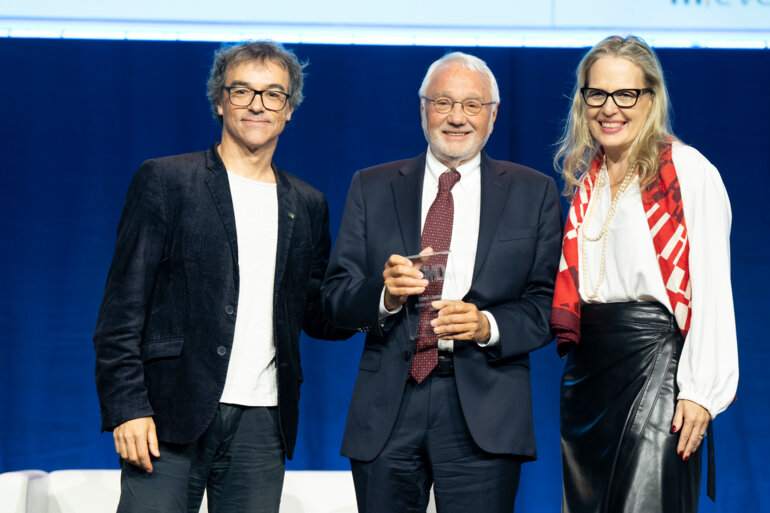ctDNA offers immense possibilities for improving the management of early-stage lung cancer and the area is primed for new trials to test this approach in the context of minimal residual disease
Circulating tumour DNA (ctDNA) is an extremely flexible biomarker. In lung cancer, it has been used largely in the area of advanced disease, for example in genotyping, to identify actionable mutations and to investigate acquired mechanisms of resistance in oncogene-addicted non-small cell lung cancer (NSCLC). The push to move this approach into early-stage disease comes from studies showing that patients with detectable ctDNA minimal residual disease (MRD) after completion of treatment for early-stage disease have a high risk of recurrence (J Clin Oncol. 2023;41:4093–4096). The potential for treatment escalation to improve outcomes for these high-risk patients has prompted investigation in clinical trials, including two that we are conducting at Stanford. In the phase II “Adjuvant ctDNA-Adapted Personalized Treatment in Early Stage NSCLC” (ADAPT-E) trial in stage I–III NSCLC, the presence of ctDNA MRD following resection or definitive radiotherapy selects patients to receive adjuvant durvalumab with or without chemotherapy, whereas patients without detected ctDNA MRD undergo surveillance with no further active treatment (NCT04585477). The other study, ADAPT-C, is a phase II trial in unresectable stage III NSCLC treated with chemoradiotherapy where patients who have residual ctDNA MRD during consolidation durvalumab therapy undergo treatment escalation with the addition of tremelimumab and chemotherapy to durvalumab, whereas those who are ctDNA-negative continue to receive durvalumab alone (NCT04585490).
Unlike ctDNA analysis in later stages of disease, MRD burden in early disease is often, by definition, very low, and developing assays with sufficient sensitivity has been a challenge. With the current technologies available, the most sensitive plasma-based assays are tumour informed, tracking mutations derived from the sequencing of tumour tissue. The logistical complexity surrounding the lead times required to analyse both tumour and tissue, and to develop custom assays needs to be taken into account in the planning of clinical trials. In addition, first-generation assays, like the ones we are using in the ADAPT trials, have a relatively poor clinical sensitivity and are being superseded by newer generation tumour-informed assays. These newer assays, which are up to a 100-times more sensitive, will be key as we move into the realm of clinical trials investigating treatment de-escalation in patients who are ctDNA MRD negative (J Clin Oncol. 2023;41:4093–4096). De-escalation could spare patients unnecessary treatment; however, before we make decisions about reducing treatment intensity on the basis of ctDNA results, we have to be certain that the number of false negatives is as low as possible. Clinical trial considerations for reducing the problem of false negatives include the longitudinal monitoring of ctDNA MRD, compared to a landmark analysis at a single designated timepoint, which should capture patients with lower and/or slower ctDNA shedding (Cancer Discov. 2021;11:2968–2986) and the use of the newer, more sensitive MRD assays (Nat Biotechnol. 2021;39:1537–1547).
There are still hurdles to be overcome, including access and cost issues if assays are implemented in routine practice, but I think that the incorporation of ultrasensitive ctDNA MRD analysis into clinical trials will help us to achieve truly personalised treatment for patients with early-stage lung cancer in the future.







